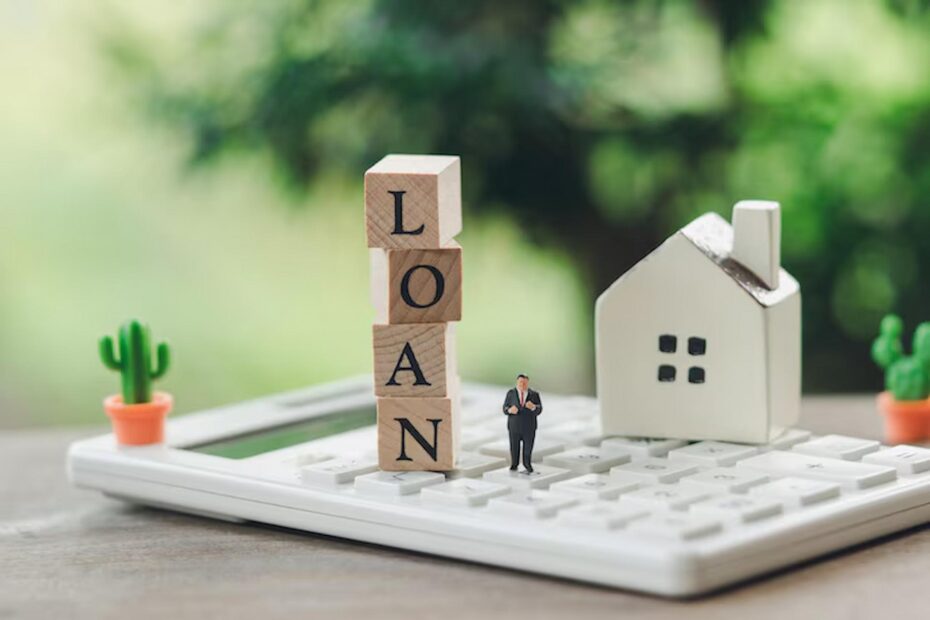Taking out a short-term loan can offer quick relief and impact your credit score. Discover practical strategies to rebuild your credit and improve your financial health.
Short-term loans can be a lifesaver in urgent situations, providing immediate cash flow when needed. However, these loans, often associated with bad short-term credit loans, can affect your credit score if not appropriately managed. Whether you took out a short-term loan due to an unexpected expense or as a financial emergency solution, it’s crucial to understand how to rebuild your credit afterwards. Rebuilding your credit may seem daunting, but with the right strategies, you can restore your financial standing and improve your creditworthiness. This comprehensive guide will walk you through practical steps to recover from the impact of short-term loans and set you on a path toward better financial health.
Assess Your Current Credit Situation
Before embarking on the journey to rebuild your credit, it’s essential to understand where you stand. Obtain a copy of your credit report from major credit bureaus—Experian, Equifax, and TransUnion. Review your report carefully for any inaccuracies, missed payments, or outstanding debts related to your short-term loan. Understanding your current credit status will help you identify areas that need improvement and tailor your credit repair strategy accordingly.
Create a Budget and Stick to It
A well-structured budget is essential for the effective management of your finances. Begin by tracking your income and expenses to understand where your money goes each month. Allocate funds toward paying off any existing debts and prioritise saving for emergencies. Establishing a budget will help you manage your finances better and ensure you have the means to make timely payments on any outstanding debts, including those from bad credit short term loans.
Make Timely Payments on Existing Debts
Timeliness is critical to rebuilding your credit. Focus on timely payments on all your debts, including credit cards, loans, and other financial obligations. Establish reminders or enable automatic payments to ensure timely compliance with due dates. Consistently paying bills on time will positively impact your credit score and demonstrate to creditors that you are a responsible borrower.
Consider Secured Credit Cards
Secured credit cards can be a valuable instrument for rebuilding your credit. These cards necessitate a security deposit, which functions as your credit limit. By using a secured credit card responsibly—making small purchases and paying off the balance each month—you can gradually improve your credit score. Ensure that the secured credit card issuer reports to all three major credit bureaus to maximise the positive impact on your credit profile.
Reduce Your Credit Utilisation Ratio
Your credit utilisation ratio, the percentage of your available credit currently used, plays a significant role in your credit score. Keep your credit utilisation ratio below 30% of your total credit limit. If you have high credit card balances, work on paying them down to reduce your utilisation ratio. Lowering your credit utilisation ratio can help improve your credit score and demonstrate responsible management.
Establish a Positive Credit History
Building a positive credit history involves more than just paying off existing debts; it requires establishing new, positive credit behaviours. Open new credit accounts only when necessary and manage them responsibly. It could include opening a new credit card, taking out a small personal loan, or becoming an authorised user on someone else’s credit card account. The key is ensuring that new credit accounts are managed well and contribute positively to your credit history.
Seek Professional Financial Advice
If you find it challenging to rebuild your credit independently, consider seeking help from a financial advisor or credit counsellor. These professionals can provide personalised advice based on your unique financial situation and help you develop a tailored plan for improving your credit. They can also assist in negotiating with creditors, consolidating debts, or creating a debt repayment strategy to accelerate your credit recovery.
Negotiate with Creditors
If you’re struggling with debt payments, it’s worth contacting your creditors to discuss your situation. Many creditors are willing to collaborate with you to establish a payment plan that aligns with your financial situation. You might be able to negotiate lower interest rates, extended payment terms, or even a settlement for less than the total amount owed. Effective negotiation can ease your financial burden and demonstrate your commitment to repaying your debts, positively affecting your credit standing.
Monitor Your Credit Regularly
Regularly monitoring your credit report is crucial for maintaining your financial health, especially if you’re considering bad credit short term loans. By checking your credit report frequently, you can track your progress, spot any inaccuracies, and address potential issues before they become significant problems. Many credit monitoring services offer free access to your credit report and score, so take advantage of these tools to stay informed and proactive about your credit management.
Avoid Taking on New Debt
While it might be tempting to open new credit accounts or take out additional loans, doing so can negatively impact your credit score, especially if you’re still working on rebuilding it. Avoid taking on new debt until you successfully manage and reduce your obligations. Focus on improving your credit score and financial stability before considering additional credit.
Conclusion
Rebuilding your credit after taking out a short-term loan is a process that requires patience, discipline, and strategic planning. By assessing your current credit situation, creating and sticking to a budget, making timely payments, using secured credit cards, reducing your credit utilisation ratio, establishing a positive credit history, and seeking professional advice, you can improve your credit score and regain financial stability. Remember, the path to a healthier credit profile is gradual. Still, with consistent effort and intelligent financial practices, you can achieve lasting results and pave the way for a more secure financial future.
